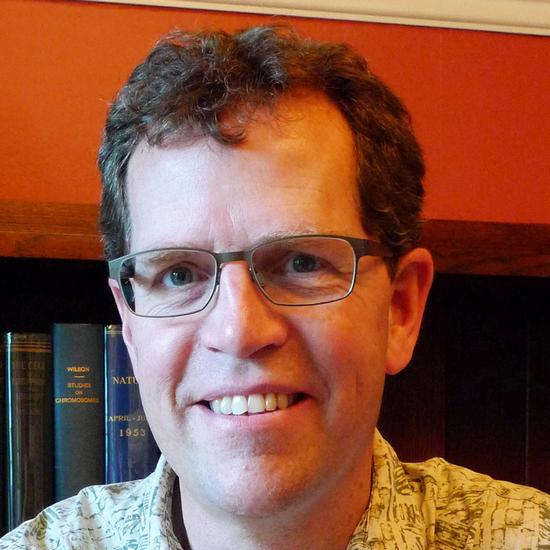David Morgan studies the process of cell reproduction, which occurs by a series of steps known as the cell cycle, or cell-division cycle. David has made several important contributions to our understanding of the enzymes and biochemical mechanisms that govern cell cycle events.
Much of his research focuses on enzymes known as cyclin-dependent kinases, which trigger major cell cycle events — such as the duplication of the chromosomes and the distribution of duplicate chromosomes into a pair of daughter cells. His work has uncovered a large number of the targets of the cyclin-dependent kinases, providing important clues about how these enzymes carry out their functions.
David has also made important contributions to our understanding of another complex enzyme called a ubiquitin ligase, which drives the separation of duplicated chromosomes in mitosis, the final stage of cell division.
Professional position
- Vice Chair and Professor, Department of Physiology, University of California, San Francisco
Subject groups
-
Molecules of Life
Cell biology (incl molecular cell biology), Biochemistry and molecular biology
-
Chemistry
Chemistry, biological

